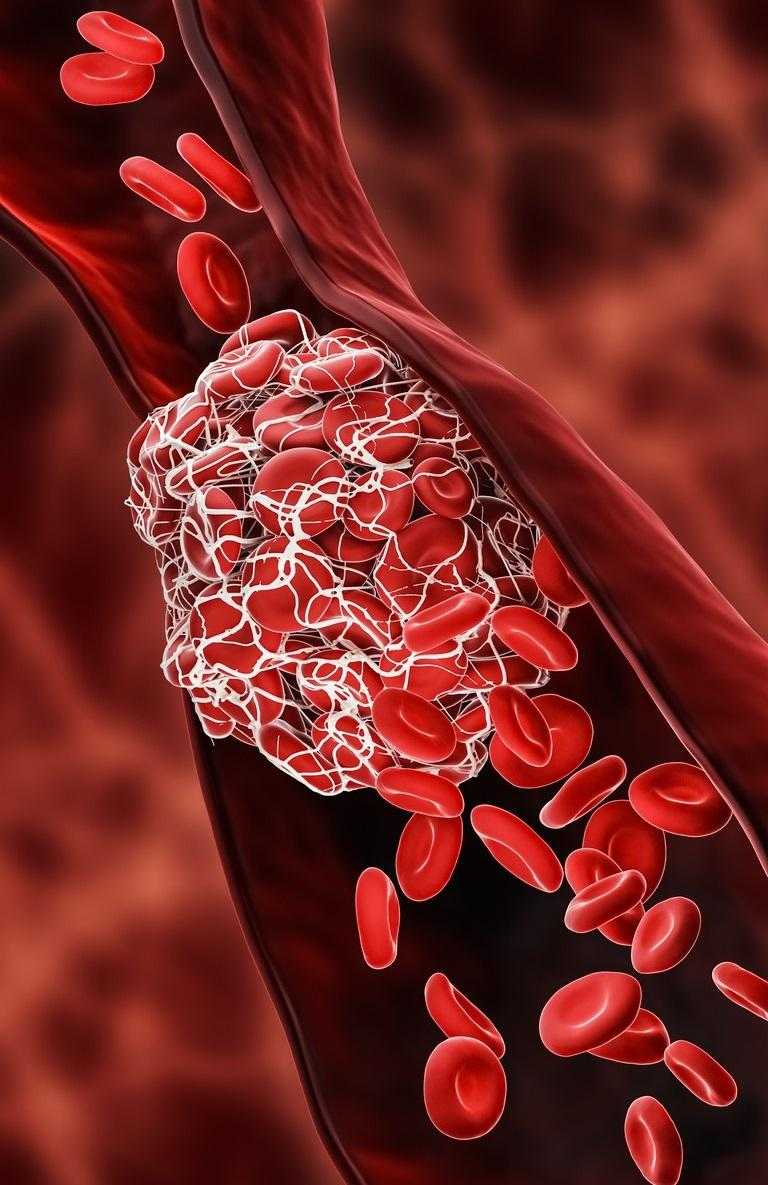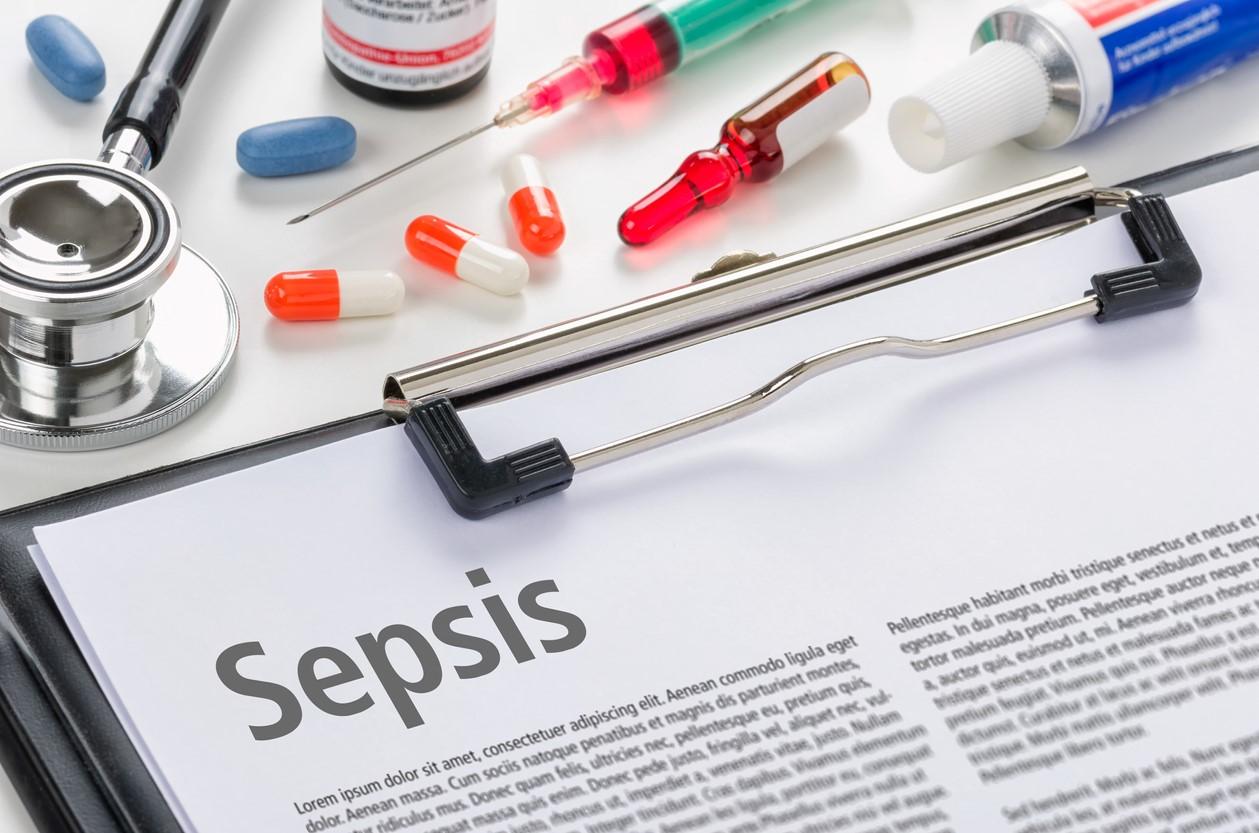
A new report reveals that UK supermarkets don't have strong enough policies to enforce new national legislation on antibiotic use on farms.
The legislation, which was enacted May 17, bans UK farmers from using antibiotics routinely and prohibits the use of antibiotics to "compensate for poor hygiene, inadequate animal husbandry, or poor farm management practices." But in a report released last week, the Alliance to Save Our Antibiotics found that 10 leading UK supermarket chains are failing to ensure that their suppliers are fully compliant with the new legislation.
For example, the report found that supermarket antibiotic policies still only apply to store-brand products and don't cover branded products or imported meat, fish, dairy, or eggs that may be produced with routine antibiotic use.
"The scope of the policies needs to be extended to branded foods and to imported food in order to protect consumers and ensure that British farming standards are not undermined by imports," the report states.
Supermarkets need to take 'strong and urgent' action
The report also found that only five of the chains publish good or acceptable data on the use of antibiotics in their supply chains, and only two have a full ban on the use of the last-resort antibiotic colistin. In addition, most of the chains continue to sell fast-growing breeds of broiler chickens that require more antibiotic use.
The group says that while UK supermarkets have made improvements since they published their first assessment in 2017 and have contributed to a 59% reduction in total farm antibiotic use since 2014, the new report indicates they have more work to do.
"It is no longer legal to use antibiotics to prop up farming methods that are causing animals to fall sick," Coilin Nunan, policy and science manager for the Alliance to Save Our Antibiotics, said in a press release. "So to avoid misusing antibiotics, and to keep animals healthy, supermarkets must now take strong and urgent action to improve animal husbandry and welfare."
In a statement, the Food Industry Initiative on Antimicrobials called the report misleading and said UK retailers' support for more responsible antibiotic use in their supply chains has played an integral role in reducing antibiotic sales and antimicrobial resistance on farms.
















